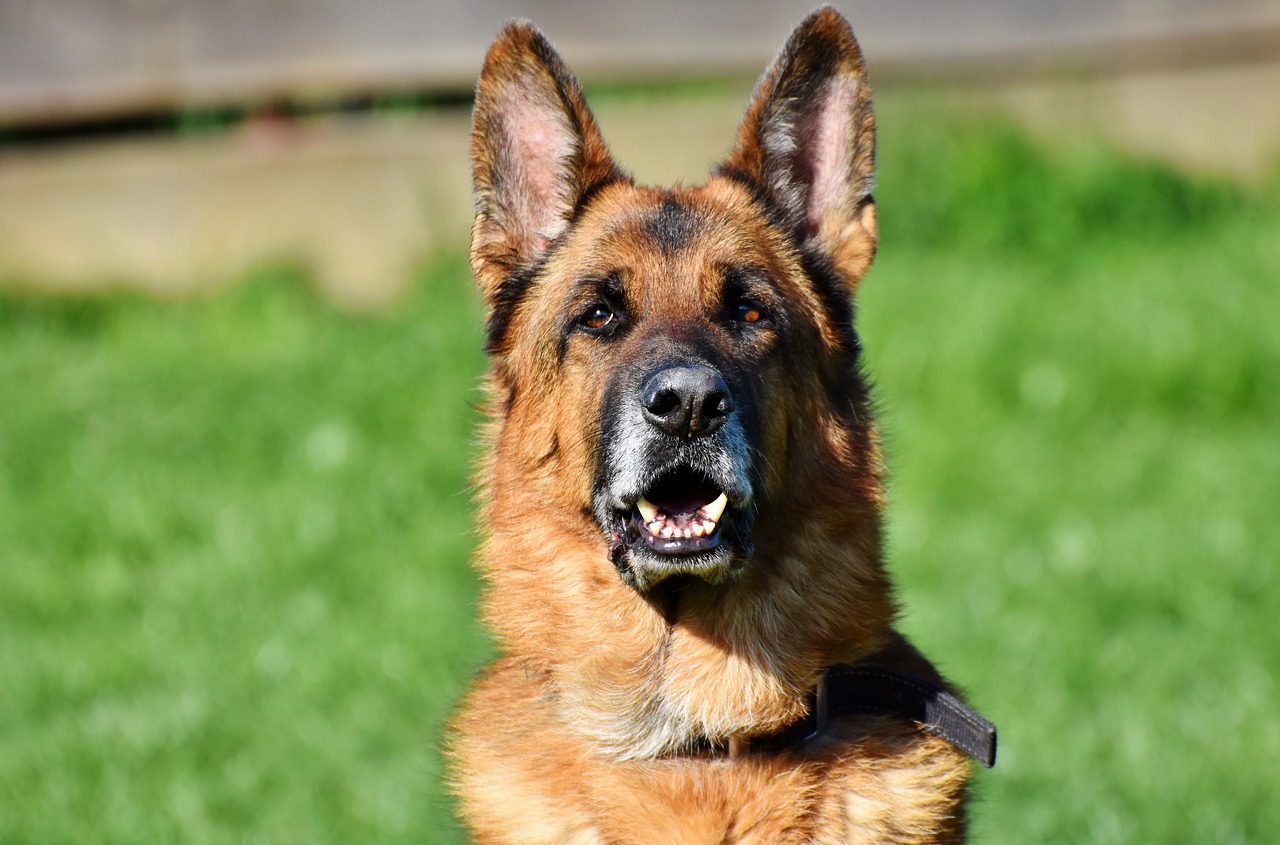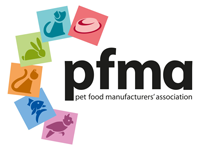Jobs for working dogs have changed dramatically over the centuries. Their roles began with all sorts of simple, practical tasks, such as helping their human companions with hunting, fishing, herding and farming. More recently, dogs have been set tasks and jobs that majorly help humans, often changing their lives for the better or even saving lives.
Health and Social Care:
From assisting people with disabilities to guiding the visually impaired and detecting life-threatening diseases at early stages, these are just a few ways our canine companions work to save lives every day. Germans shepherds are the most commonly used breeds as they are particularly skilled when it comes to detection.
How do dogs detect diseases?
Dogs can identify tiny odour concentrations of around one per part trillion. That’s the equivalent of one spoon of sugar in two Olympic-sized swimming pools. This is how dogs are able to detect even minor changes in human odour that are often triggered by a medical issue.
Diabetes:
The majority of Medical Alert Assistance Dogs are used to detect diabetes. Trained to detect minute changes in blood sugar levels, when these levels fall or rise outside the normal range the dogs will warn their owner, get help and fetch any vital medical supplies.
Nut allergies:
Other Medical Alert Assistance Dogs are trained to detect the air-borne allergens in an environment, and then alert their client to the dangerous trigger.
Cancer:
Medical detection dogs are carrying out an NHS ethically approved study with their ability to detect urological cancers using their sense of smell. They have the ability to detect breast cancer and the potential to detect other cancers such as lung and colorectal cancers.
Conservation Dogs:
Recently, conservation dogs have been working to detect endangered species which have a low detection probability, such as great crested newts. Being a protected species, their disturbance or destruction is illegal.
How dogs help:
Clearing areas of protected and endangered species can be costly and time consuming. Working closely with the construction industry and ecologists, specially trained detection dogs can make this process quicker, more efficient and more cost effective.
Detecting Harmful/Rare Substances:
German shepherds and the Malinois are particularly skilled when it comes to sniffing out and detecting alcohol, drugs and firearms. These skills also come in handy when it comes to looking for something hidden as their noses can lead us to places that we would struggle to find otherwise.
Training:
It’s important to note that working dogs take a lot of training in order to follow directions, even if they are simply doing what comes naturally to them.
Breeds that are bred to be working dogs require a lot of patience and training. They also require much more mental and physical stimulation than other breeds, but the things they can achieve with the right training are incredible.
For information on our range of working dog food and your local stockists, click here or get in touch with us on +44(0) 844 800 2234.




